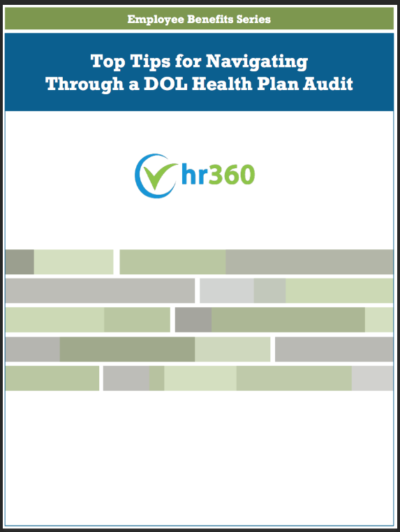Everyone is talking about how artificial intelligence (AI) can be used to drive business decisions and provide actionable insights to help companies gain a strategic advantage.
Contracts provide a good platform for the development of artificial intelligence and machine learning in the legal technology space. Contracts are generally structured to contain boilerplate language and a set of predictable and often repeatable attributes. However, some contracts can be lengthy and include unstructured information that results in extensive time requirements for review and analysis.
Enter machine learning. Most contract management applications are rule-based systems that work on what we already know. Machine learning systems are adaptable and improve over time. They can handle more complex situations, are better suited to changing environments and can provide more accurate outcomes.
Enterprises are struggling to get value from the massive amounts of data they generate every day, in contract management systems and other areas of the business. How can forward-thinking companies leverage all this data and make sense of it beyond just reporting on what has already happened? This has created the perfect environment for machine learning to have a dramatic impact.
Machine learning has become so pervasive that most of us use it in our daily routines without even realizing it. Whether it’s asking your smartphone a question, using recommendations about products and movies or, in the near future, letting your car do the driving for you, each is an example of machine learning in action. In each of these examples, machine learning technology creates the highest quality prediction of future behavior based largely on historic data.
Many enterprises think they are using machine learning, but in fact, they are thinking of descriptive analytics: graphs, charts or dashboards that look at what happened in the past. The vast majority of enterprises have needs for descriptive analytics, which are necessary for effective management, but are not sufficient to accelerate business performance. Descriptive analytics can’t deliver granular insights and forecasts showcasing what is likely to occur, accompanied by relevant, system-driven recommendations on the best actions and tactics to adopt.
And that’s where artificial intelligence driven by machine learning comes in. AI is moving into the mainstream of business — with AI applications such as Max, an intelligent agent that uses machine learning to drive business outcomes.
Max helps business users to navigate critical business processes including pricing, quoting and contracting. Max can help a contract team navigate to the optimal deal by offering the right legal language and the best commercial terms that a buyer is most likely to accept.
As an intelligent agent, Max can talk and chat with users and even interact using augmented reality. Max can teach users things they don’t know and help them make use of details they often forget. Max delivers the right recommendations at the right time so sales and legal teams are able to complete more agreements faster.
With Max, businesses can start to build machine learning benefits into existing business functions, including contract management. Meaningful artificial intelligence is no longer the stuff of science fiction — it’s here now.



 Jason Smith is a Senior Director and Legal Counsel at Apttus. Jason is a legal technology thought leader and native Texan. You can follow him at
Jason Smith is a Senior Director and Legal Counsel at Apttus. Jason is a legal technology thought leader and native Texan. You can follow him at 








